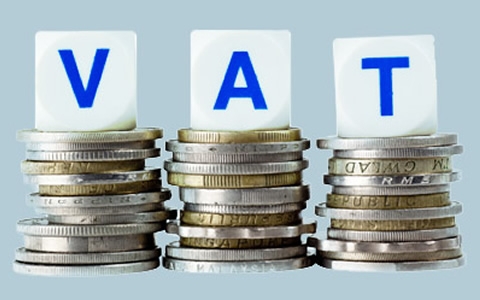
The Ghana Revenue Authority (GRA) says it will not spare corporate entities that hide behind the self-assessment tax policy to under-declare their taxes.
Mr Kwasi Oppong-Damoah, the acting Deputy Commissioner of the authority in charge of Communications and Corporate Affairs, said although the GRA was promoting voluntary compliance in tax collection, it would not allow companies to cheat the system.
He said close to 80 per cent of annual tax estimates submitted to the GRA were under-declared.
The acting deputy commissioner, who was speaking at a seminar for organisations in the medium tax category in Accra and Tema, said the GRA would use its tax audits to expose such companies and make them pay the penalty.
“If we realise that you are a high-risk company, apart from the monetary penalty, you may also lose your self-assessment benefits,” he said.
Under the self-assessment system, taxpayers are responsible for calculating and reporting their tax obligation to the authority, making for easy categorisation of taxpayers.
Under the regime, companies are required to furnish the GRA with their estimated chargeable income and tax payable for the year of assessment.
Mr Damoah said the situation was that it was either “taxpayers don’t understand the self-assessment system or they think it is an opportunity to reduce their taxes. The trend is that they are bringing low estimates”.
He, however, maintained that the GRA was not interested in harsh punishment, as the system had not been operating for long. Nonetheless, he stressed that the right thing had to be done.
“We want them to understand the consequences of reducing their tax estimates because it is unnecessary to pay penalties if you can do the right thing,” he said.
The system was introduced this year as part of reforms to promote voluntary compliance among taxpayers.
He said the revision of tax laws to plug leakages and also make them simple to understand was ongoing.
He said three proposed bills – Revenue Administration, Income Tax and Excise – would soon be laid before Parliament.
A Chief Revenue Officer of the GRA, Ms Georgina Zeng, in a presentation on the authority’s client charter, said ever since all three revenue agencies were integrated, a number of measures had been introduced to reduce complications that were associated with the old system.
“The charter is a symbolic partnership between us and our clients because we know that efficient tax collection comes from voluntary compliance,” she stressed.
The participants were also taken through other topics, including withholding tax, capital allowance and filing of returns.



